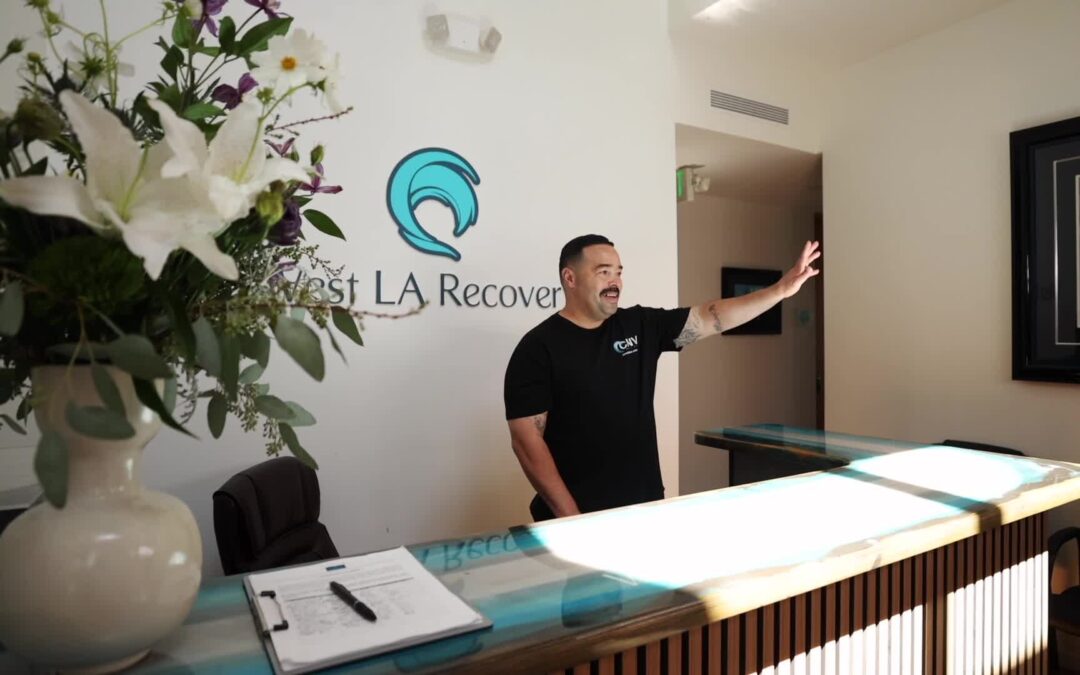Types of Drug and Alcohol Abuse Treatment Programs: Which One is Right for You?
Battling drug and alcohol abuse can be a daunting and overwhelming experience. The good news is that you don’t have to face this alone. Professional drug and alcohol abuse treatment programs offer diverse paths toward recovery. Making the right decision about your treatment is crucial, as it significantly increases your likelihood of long-term sobriety. In this article, we’ll delve into the various types of treatment, helping you make an informed decision.
Understanding Your Needs
Before exploring treatment options, it’s vital to assess your individual needs. Consider these factors:
- Severity of addiction: How severe is your dependence on substances?
- Co-occurring disorders: Do you have any underlying mental health conditions like depression or anxiety?
- Support system: Do you have a strong support network of family and friends?
- Financial resources: How will you cover the cost of treatment?
- Time availability: How much time can you commit to treatment?
Types of Drug and Alcohol Abuse Treatment Programs
Let’s dissect the spectrum of treatment options:
1. Outpatient Treatment
- Overview: Outpatient programs offer flexibility, allowing you to live at home while attending therapy sessions, support groups, and educational classes.
- Best for: Individuals with mild to moderate addiction, strong support systems, and the ability to maintain commitments outside of treatment.
- Types:
- Standard Outpatient: Typically involves a few hours of treatment per week.
- Intensive Outpatient Programs (IOPs): More structured, with several sessions per week.
- Partial Hospitalization Programs (PHPs): Highest level of outpatient care, providing daily treatment for several hours.
2. Inpatient Treatment (Residential Treatment)
- Overview: Inpatient programs offer 24/7 care in a structured, substance-free environment. You’ll live at the facility for a period ranging from a few weeks to several months.
- Best for: Those with severe addiction, co-occurring disorders, unstable home environments, or previous unsuccessful attempts at outpatient treatment.
- Components:
- Detoxification: Safely managing withdrawal symptoms.
- Individual Therapy: Addressing underlying causes of addiction.
- Group Therapy: Building support and learning from others.
- Education: Understanding addiction and its effects.
- Life skills training: Coping strategies and relapse prevention.
3. Long-term Residential Treatment
- Overview: Extended programs lasting from six months to a year, ideal for those needing extra support to solidify their recovery.
- Best for: Individuals with multiple relapse experiences, limited support systems, or who require a more gradual transition back to independent living.
Which Program is Right for You?
Deciding on the best type of drug and alcohol abuse treatment program is highly personal. Here’s how to make this important choice:
- Consult a professional: An addiction specialist or healthcare provider can assess your unique needs and recommend suitable options. Contact West LA Recovery.
- Consider your circumstances: Honestly evaluate your severity of addiction, support network, and responsibilities.
- Explore different programs: Research treatment centers and their program offerings. Check out the West LA treatment programs.
Additional Factors to Consider
- Specialized programs: Many treatment programs cater to specific needs. If you have a co-occurring mental health condition like anxiety or depression, seek a facility that specializes in dual diagnosis treatment. Similarly, there are programs tailored specifically for certain demographics, such as teens, women, men, the LGBTQ+ community, and those seeking faith-based recovery approaches.
- Accreditation: Opting for an accredited facility ensures it adheres to high standards of care. Accrediting bodies like the Joint Commission or the Commission on Accreditation of Rehabilitation Facilities (CARF) regularly evaluate treatment centers to ensure quality practices.
- Aftercare planning: Recovery is a continuous journey. A strong aftercare plan is vital in preventing relapse and promoting long-term sobriety. Ensure the program you choose offers comprehensive aftercare support, such as:
- Continuing therapy sessions
- Support group connections
- Sober living arrangements
- Alumni programs
The Importance of Finding the Right Fit
Choosing the right drug and alcohol abuse treatment program is one of the most important decisions you’ll make on your path to recovery. Don’t hesitate to ask questions and thoroughly research your options. Ensure the program aligns with your needs, preferences, and goals.
Getting Help
If you or a loved one are struggling with addiction, know that you’re not alone. Help is available.
Here are some valuable resources:
- West LA Recovery: Explore our comprehensive treatment programs and find the support you need.
- SAMHSA National Helpline: Provides confidential substance abuse treatment referrals and information: 1-800-662-HELP (4357)
- The Partnership for Drug-Free Kids: Offers resources and support for families of individuals struggling with addiction.
The journey toward recovery begins with taking that first step. By understanding the different types of drug and alcohol abuse treatment programs, assessing your needs, and researching your options, you’ll be well-equipped to choose the right path. Remember, treatment offers the tools and support for building a fulfilling, substance-free life.
References
- Types of Treatment Programs – National Institute of Drug Abuse (NIDA)
- How to Choose a Drug Rehab Center







